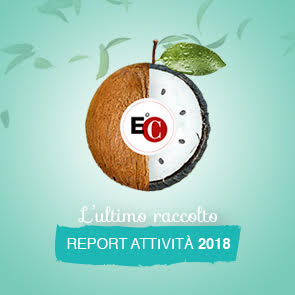Stefano Zamagni - Libri
Ultime News
#SaveTheDates Edc 2025-2026
29 Aprile 2025
29 Aprile 2025
Gustare la fiducia: «Fa' la cosa giusta!» 2025
28 Aprile 2025
28 Aprile 2025
#AMU - Ecuador, Primo Congresso di Economia di Comunione ed Economia Popolare e Solidale
25 Aprile 2025
25 Aprile 2025
#EoF : «Continueremo a camminare»
22 Aprile 2025
22 Aprile 2025
Grazie Papa Francesco da tutta l'Economia di Comunione
21 Aprile 2025
21 Aprile 2025
Buona Pasqua 2025!
18 Aprile 2025
18 Aprile 2025
Podcast - Rai Radio 3 - Uomini e profeti, 13/04/2025
17 Aprile 2025
17 Aprile 2025

Rapporto Edc 2018
vedi il video-report
vai alla scheda di approfondimento

SCARICA I DOCUMENTI
-
-
-
-
-
pdf CONECTA-2025-Programma Popolari
-
-
-
-
-
-
-
Immagine 250425-27-Puerto Nuevo-Congreso EdC-Sunrise Nuovo Popolari
-

Edc aderisce a Slotmob!
Tutte le info alla pagina dedicata
vedi i nuovi eventi sul FB Slotmob

Il dado per le aziende!
La nuova rivoluzione per la piccola azienda.
Scarica la APP per Android!
Links
Chi è online
Abbiamo 433 visitatori e nessun utente online





